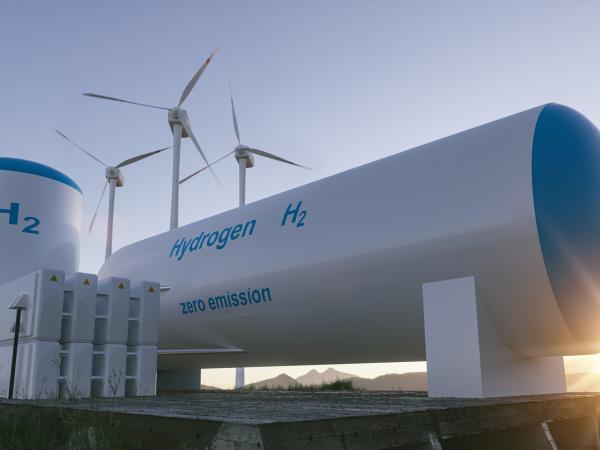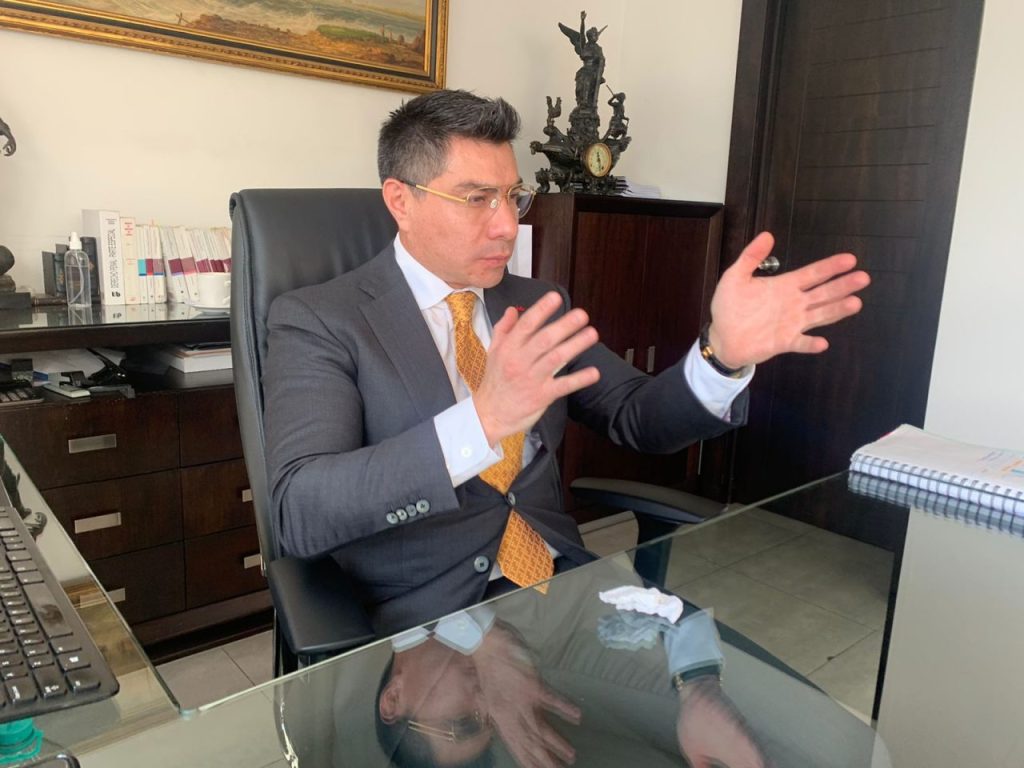The nation has five allied countries, that are strategic to develop its energy transition policy more quickly and effectively.
(The country, ready to release another seven renewable energy plants).
Is about Denmark, Germany, United Kingdom, France and Australia, nations that have expressed at the government level their technological support and economic sponsorship for the research and development of projects for the generation of clean electricity.
This is the case of the roadmap that the country drew for initiatives for the production of hydrogen, it already has the support of Germany, UK and Australia.
At the launch event of the strategy, which aims for Colombia to produce green hydrogen at US $ 1.7 per kilo by 2030, the Minister of Mines and Energy, Diego Mesa, stressed that“We will have the support of the German government, through the GIZ (German Society for International Cooperation), with whom we have been working in an articulated manner to leverage their experience in regulation.”
(Will the energy industry change in 10 years from how it is today?).
In the same vein, Peter Ptassek, German ambassador to Colombia, stated on his Twitter account that “The future has already begun: Colombia has given itself a strategy for green hydrogen, a key source of sustainable energy for Germany in just a few years. A statement from Colombian and German companies highlights a firm commitment to promoting it as a source of clean energy ”.
For their part, the United Kingdom and Australia expressed through their ambassadors their support for the development of projects for the production of this element.
“We will continue to support Colombia on its way to leave fossil fuels and position itself as a leader in renewable energy, both for domestic use and for export”, Colin Martin-Reynolds, United Kingdom ambassador to Colombia, indicated on his Twitter account.
And Erika Thompson, Australia’s ambassador to the country, expressed on her Twitter account: “We hope to continue working collaboratively for research, seeking opportunities for the two countries and sharing our experience as world leaders in hydrogen projects.”.
Denmark is another country that will also support the development of renewable energy, through offshore wind projects.
(Government advances in the green financing roadmap).
Last October, the Deputy Minister of Energy, Miguel Lotero, He led the technical mission of the Ministry of Mines and Energy that traveled to the European nation in order to exchange knowledge and experiences to advance in the development of these projects.
“Colombia has great potential in offshore wind energy in areas of Barranquilla, Santa Marta and La Guajira. For this reason, we are drawing up, with the support of the World Bank and the government of the United Kingdom, the roadmap for the development of this technology in the country.
Recently, France also joined the list, and with Colombia they reinforced their cooperation commitments on issues such as the environment by signing a memorandum of understanding and the inauguration of the ‘Green Club’.
The The objective of this Club is to bring together companies from the sustainable city, energy transition and eco-industry sectors to support Colombia in its green growth policies.
The purpose of the memorandum of understanding is to give Colombia a hand in the creation of a “regulatory and normative framework” for the use and production of hydrogen.
Present at the signing of the memorandum were Franck Riester, French Minister Delegate for Foreign Trade, and the Minister of Mines and Energy, Diego Mesa.
ALFONSO LÓPEZ SUÁREZ
















